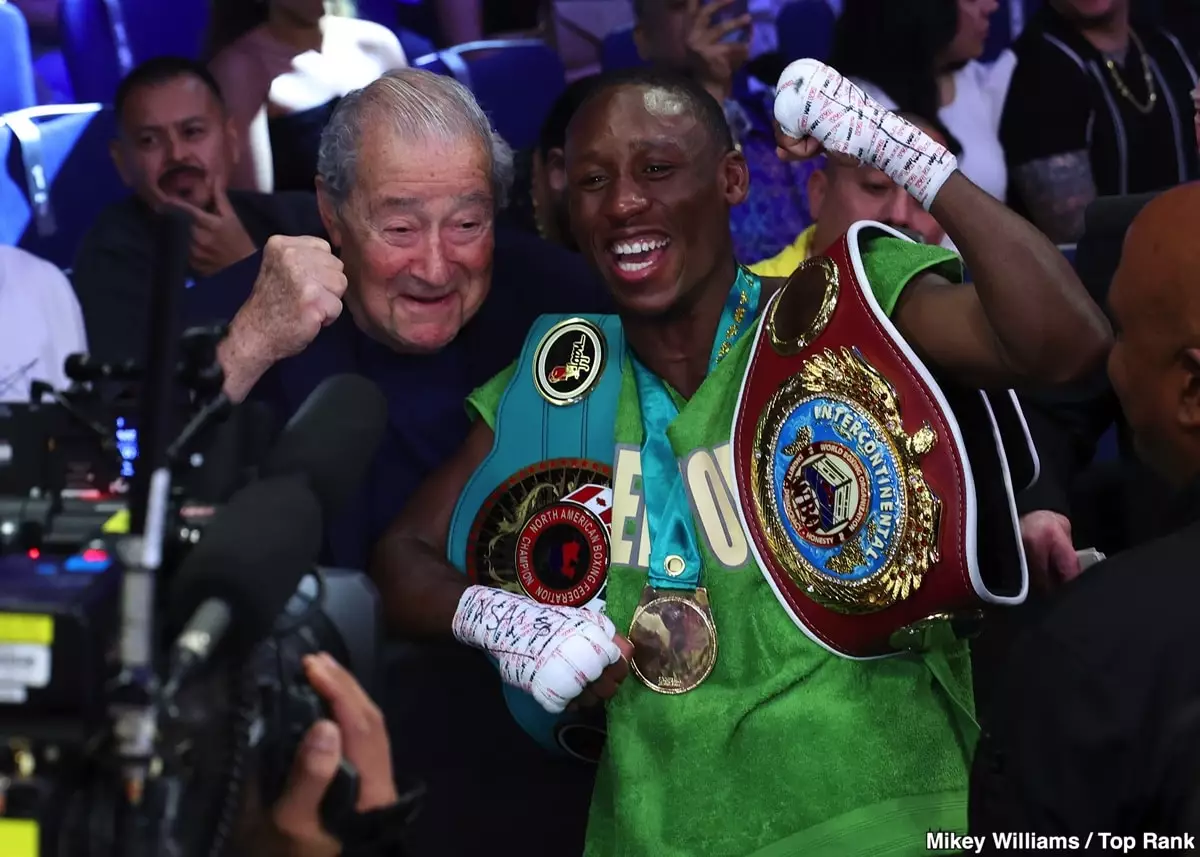Professional boxing often appears as a spectacle of titanic clashes and iconic rivalries, yet beneath the surface lies a less glamorous reality—boxers and their teams sometimes prioritize comfort and easy defenses over meaningful competition. In the case of WBA featherweight champion Nick Ball, his decision to defend against less challenging opponents and reject higher-stakes fights reveals a disturbing trend: a willingness to sacrifice integrity for convenience. Such choices not only diminish the sport’s credibility but also cheat passionate fans out of the contests they crave. When fighters like Carrington perceive that champions are avoiding risks to safeguard their titles, it exposes a fundamental flaw in the boxing landscape: the undervaluing of true competition.
Power Dynamics and the False Promise of Glory
Carrington’s critique underscores a painful truth—some champions seem more interested in prolonging their reigns than in solidifying their legacy through hard-fought battles. The reluctance of Nick Ball to face top contenders like Carrington, instead opting for easier defenses against aging fighters like Ronny Rios and TJ Doheny, manifests a troubling pattern: titles are being treated as trophies to be held rather than titles to be earned. This approach not only undermines the legitimacy of their championships but also discourages ambitious contenders from pursuing their rightful fights. A true champion should welcome challenges, not shy from them, understanding that real greatness is forged through adversity.
The Danger of ‘Milking’ a Title
The term “milking” a championship is evocative but fitting. It suggests an athlete squandering the opportunity to compete at the highest level—against worthy opponents—while remaining comfortably at the top, protected by superficial defenses. Ball’s defense against less competitive fighters could be rationalized as strategic, but in reality, it erodes the honor of holding a world title. Carrington’s frustration is rooted in the belief that champions should serve as testaments to excellence—not as placeholders until a more convenient moment arises. When fighters are reluctant to face the best, it cheapens the value of the title and diminishes what the sport stands for: the pursuit of true mastery.
Implications for Fans and the Future of Boxing
At its core, boxing is a sport driven by narrative—passion, rivalry, and the relentless pursuit of greatness. When the fighters and their teams choose to sideline these elements for self-serving reasons, fans become disengaged and cynical. The refusal of Ball to fight Carrington, and his choosing to face less formidable opponents, reflect a deeper problem: the prioritization of personal gain over integrity. As fans, we want to witness genuine competition, moments of suspense, and the evolution of champions into legends. When the sport’s integrity is compromised by fighters avoiding meaningful battles, it risks losing its essence, becoming merely a commercial spectacle rather than a true test of human will and skill.
Considering these dynamics, it becomes clear that champion behavior and the choices made behind the scenes are crucial in shaping the sport’s future. The drive for meaningful fights, even if challenging or inconvenient, should be at the heart of boxing’s identity—yet too often, it’s pushed aside for short-term gains. The real power lies in standing firm for the fights that matter and demanding a culture that values true competition over fleeting titles.

